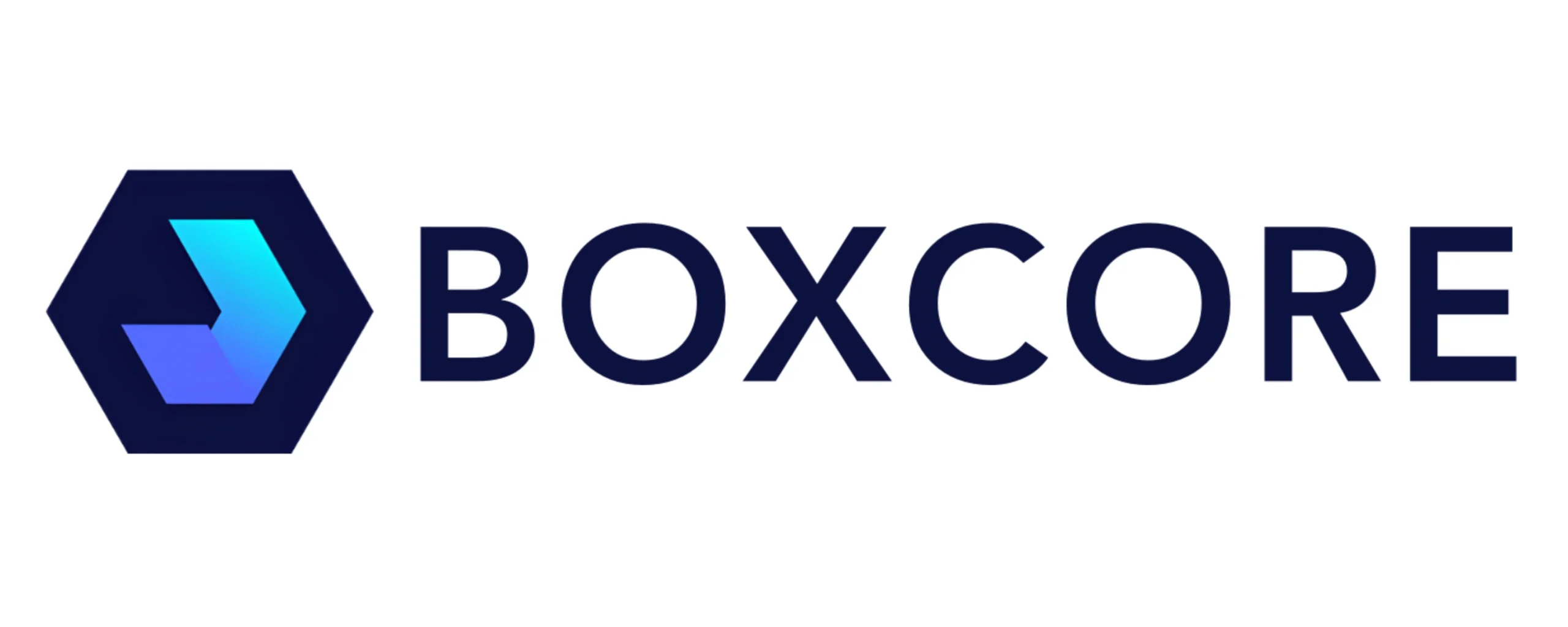Construction safety isn’t optional — but the way many contractors manage it remains outdated and inefficient. If your team is still juggling Excel registers, email chains, paper RAMS, and WhatsApp threads to stay compliant, you’re likely spending far more than you think — not just in admin hours, but in missed deadlines, insurance premiums, and failed audits.
Manual safety systems quietly eat away at profit margins. The burden shows up as duplicated effort, delays, exposure during audits and site incidents — all of which affect your bottom line and your ability to win work.
This article breaks down the true financial and operational impact of manual safety processes on construction projects — and shows how Boxcore helps eliminate waste, risk and rising costs.
1. Hidden Cost #1: Admin Overload Across Projects
The most obvious — but often underestimated — cost is administrative overhead. Site managers, safety officers and back-office staff waste hours every week:
- Updating and emailing Excel training registers
- Manually reviewing RAMS submissions
- Chasing expired training cards (CSCS, Safepass, SST, OSHA)
- Re-uploading certs for every project and contractor
- Tracking time and attendance through paper logs
On a large site, it’s not unusual for a safety officer to spend 8–10 hours per week on manual documentation alone. Multiply that across 10 active sites, and that’s over 1,000 hours per year — equivalent to €30,000–€40,000 in hidden salary cost, just for paperwork on one project!
This is time that could be spent on proactive safety measures, not spreadsheet firefighting.
“Labour productivity improves rapidly as teams spend less time standing around chasing info and manually validating information.”
— Padraig Reilly, CEO & Founder of Boxcore
Read more about Boxcore’s workforce attendance tracking
2. Hidden Cost #2: Rising Insurance Premiums
Construction insurance premiums are directly affected by how well you manage risk. Inadequate safety documentation, missing training records, and poor incident reporting history all count against you when insurers calculate risk.
Manual processes increase that risk by:
- Letting expired training go unnoticed
- Making incident documentation inconsistent or incomplete
- Delaying corrective actions following inspections
- Creating audit trails that are hard to verify
Even one poorly handled safety incident — whether due to an undocumented hazard or missing record — can lead to claims that raise your insurance renewal quote for years to come.
Contractors using Boxcore are better positioned to negotiate with insurers because:
- All records are complete, time-stamped, and verifiable
- Training certs are documented by worker and project
- Time and attendance can be cross-referenced in incident reviews
- Inspections and corrective actions are tracked in real time
Insurers increasingly look for digital evidence of a contractor’s commitment to safety. Boxcore helps firms present a stronger case — with better documentation and lower risk exposure.
See how Boxcore supports ISO 45001 compliance
3. Hidden Cost #3: Project Delays from Manual Onboarding
Getting a new worker or subcontractor on site sounds simple — until the safety paperwork isn’t ready.
When onboarding is manual, teams can lose hours (sometimes days) waiting on:
- CSCS/Safepass/OSHA card verifications
- Site-specific induction completion
- RAMS approval from the main contractor
- Safety documents being sent, signed and stored
Delays in onboarding don’t just slow down individuals — they delay progress. Critical path tasks may be stalled while the right workers wait for approval or documentation. This can lead to site downtime, rescheduling, and loss of productivity — all of which hit the budget.
Boxcore allows subcontractors and direct workers to upload and verify their own documentation in advance, so project teams aren’t left chasing paperwork the morning of mobilisation.
Onboarding that used to take half a day now takes minutes.
Explore Boxcore’s onboarding features
4. Hidden Cost #4: Failed Audits and Compliance Gaps
Safety audits, whether internal, from clients or regulatory bodies, require one thing: documentation. If your processes are manual, preparing for an audit becomes a last-minute panic:
- Hunting through folders or inboxes
- Recreating inspection records
- Verifying expired or missing training cards
- Compiling attendance sheets by hand
Each of these gaps increases audit failure risk — which in turn may:
- Delay project certification or handover
- Trigger fines or enforcement notices
- Damage client relationships
- Affect pre-qualification for future tenders
Boxcore eliminates this entirely with always-available audit readiness. All safety data — training, asset, inspection and attendance — is stored digitally and easily filtered by project or date.
With Boxcore, you generate registers and compliance reports in seconds — not days.
Learn more about how Boxcore simplifies audit readiness
5. Hidden Cost #5: Subcontractor Coordination Chaos
Subcontractors are often managing safety documentation for multiple clients simultaneously. When each client expects emailed RAMS, scanned certs, and manual updates, admin quickly spirals out of control.
This creates:
- Repetitive submissions of the same documents
- Missed updates due to crossed wires
- Slow approvals and site access delays
- Inconsistent processes across different projects
For subcontractors, Boxcore offers a unified system. Their workforce profiles — including Safepass/CSCS/OSHA details, RAMS, and certs — live in one place. When a new job starts, they simply share the records instantly with the new project.
That means faster mobilisation, less duplication, and fewer admin mistakes.
See how Boxcore supports subcontractors
6. How Boxcore Cuts Admin, Risk and Cost
Boxcore brings all safety-related data into a single, secure, mobile-first platform — eliminating the need for spreadsheets, email chains, and manual updates.
Key features include:
- Facial recognition time tracking
- Automated training, asset and document registers
- Digital safety inductions by project
- Live dashboards for tracking actions, inspections and audits
- Instant access control based on approved worker status
- Customised document workflows and storage
Implementation is fast: most clients are fully live in 48 hours. All existing data is migrated for free, and ongoing support includes subcontractor training and site-based guidance if needed.
Learn about Boxcore’s digital access control
7. Boxcore in Action: Used on Over 1,100 Projects
Since its launch, Boxcore has been adopted on more than 1,100 projects across Ireland, the UK and the US — including major infrastructure, data centres, commercial builds and housing.
Key benefits observed by contractors include:
- 90%+ reduction in admin time on documentation
- Faster subcontractor onboarding and mobilisation
- Fewer safety incidents due to better data visibility
- Improved audit outcomes and smoother client reviews
- Greater negotiating power on insurance renewals
“We want to give contractors tools that actually make their lives easier on site. It’s about cutting down the admin, improving safety and helping teams get the job done with less hassle.”
— Padraig Reilly, CEO & Founder of Boxcore
See our blog on digital safety solutions for construction
Final Thoughts: Cut Admin, Lower Insurance, Stay Compliant
If your company is still managing safety using a patchwork of spreadsheets, paper forms, email threads and WhatsApp messages, you are incurring costs you can’t afford:
- Inflated insurance premiums
- Wasted admin hours
- Delays in worker mobilisation
- Risk of audit failures
- Increased likelihood of safety incidents
Boxcore removes those risks by putting all safety and workforce management into one digital platform that’s built for fast adoption on-site.
Whether you’re a small subcontractor or a Tier One main contractor, Boxcore gives you the tools to operate safely, efficiently, and with total visibility.
Ready to eliminate the hidden costs of manual safety processes?
Book a demo with Boxcore now and see why over 200 Companies are choosing Boxcore to simplify safety.


